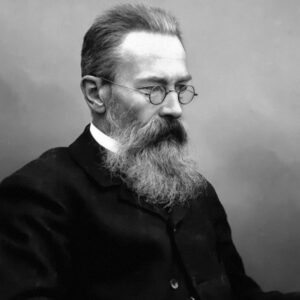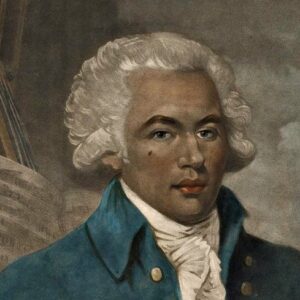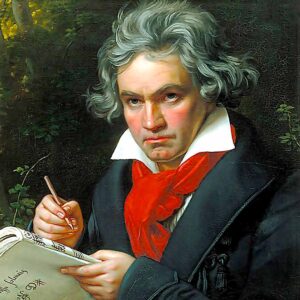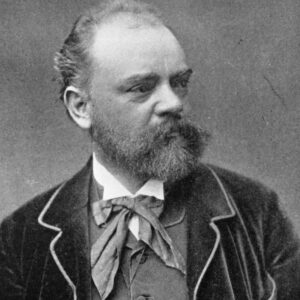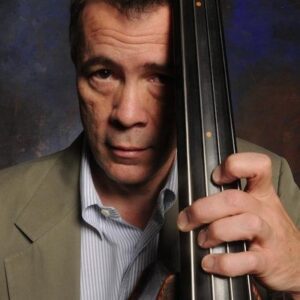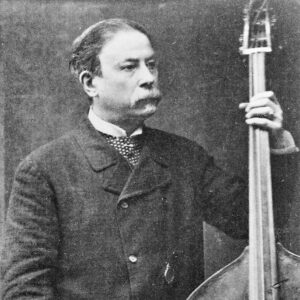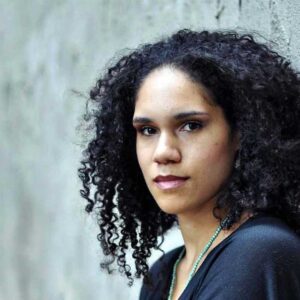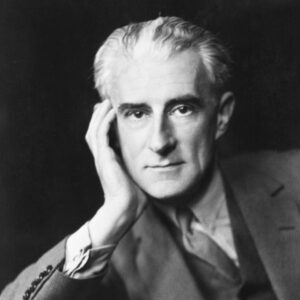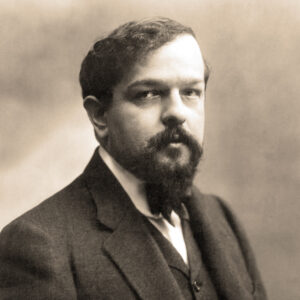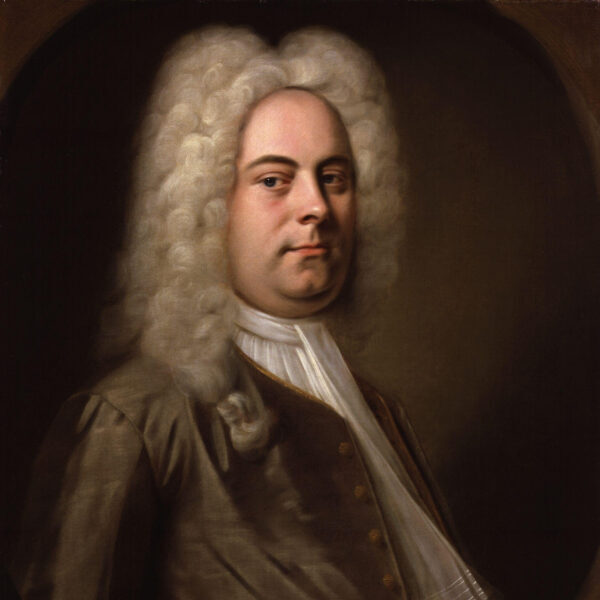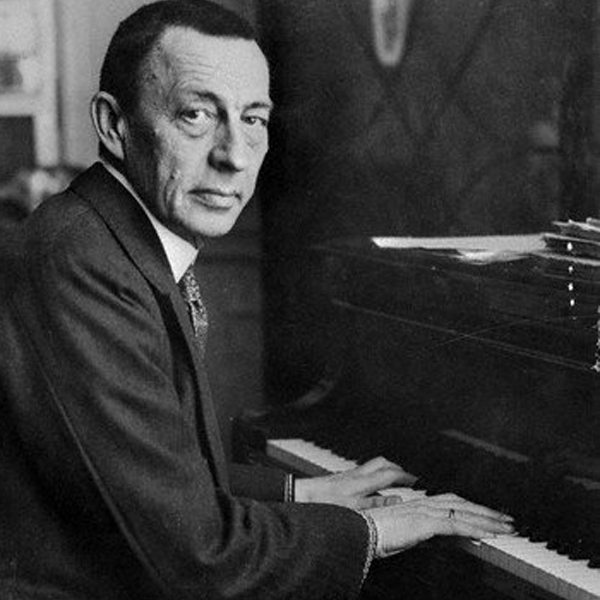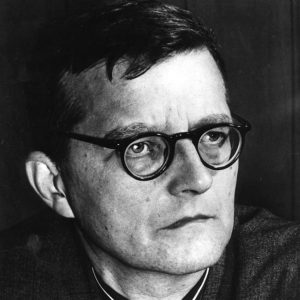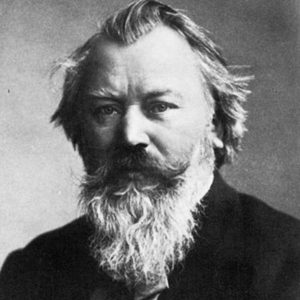“If music be the food of love, play on, / Give me excess of it…”
Thus muses Duke Orsino in Act One of William Shakespeare’s play, Twelfth Night. Throughout the ages, love has found its most potent voice in music. There are many names for love in Greek: Agape, Storge, Philia, Ludus, but for most of us, the word Eros best characterizes the celebration of St. Valentine’s Day. Chocolate, Flowers (above all red roses!) are some of the other manifestations, but none of these avatars can hold a candle to the power of music.
Speaking of love, who can resist the sweeping waves of romance found in Tchaikovsky’s ballet, Swan Lake, as Prince Siegfried offers to break Odette’s spell by promising to marry her? But ah! Fate has other plans in store. From there we turn to a musical love letter that the English master, Sir Edward Elgar presented to his fiancée upon their engagement.
Few composers can compete with Giocomo Puccini for evincing a romantic mood. Our program taps into this world by bringing us the ever-popular aria, “O mio babbino caro” from Gianni Schicchi, the third opera that from the composer’s Trittico. Enjoy every sustained high A-flat as a daughter begs her father permission to marry the man she truly loves. As our program weaves a web of sound spanning three centuries, we also include the Overture to Mozart’s masterful opera, Le nozze di Figaro (The Marriage of Figaro). The story of the opera is set in the Palace of Count Almaviva, a rogue of a nobleman who has tired of his wife, Rosina, and has turned his eye toward his valet’s fiancée, Susanna. But fear not—all ends well—as true love is affirmed and everyone is reconciled.
The mix next turns to the late-nineteenth-century German master, Johannes Brahms as we hear members of the Winston-Salem Symphony Chorus join forces for a selection of the composer’s lilting set of Liebeslieder Waltzes. Then, another star-crossed love story involves the Austrian master, Gustav Mahler, whose adoration of his wife, Alma, finds tender expression in the famous Adagietto, featuring strings and harp, from his Fifth Symphony. Alma, née Schindler, was one of the most beautiful and brilliant women of fin-de-siècle Vienna and who could blame Mahler for his deep passion for this intriguing woman?
We follow this with Nelson Riddle’s arrangement of one of George Gershwin’s most popular love songs, “But Not for Me,” made famous by the great Ella Fitzgerald. We next turn our ears toward Craig Armstrong’s suite from the popular film, Love, Actually. And who can resist a romantic moonlit walk as evoked by the French master, Claude Debussy in his Claire de lune, featuring flute, harp, viola, and cello as arranged by Iain Farrington?
Our Mixtape continues with the lush strains of the Intermezzo from Pietro Mascagni’s one-act opera, Cavalleria Rusticana. The title translates as “Rustic Chivalry,” and the beautiful Intermezzo offers a sweet love in the midst of a tale of love and revenge. This opera plays an appropriately prominent role toward the end of Francis Ford Copolla’s film, Godfather 3, as a vendetta against Michael Corleone takes place after a performance of this opera in Sicily.
We hear another of Gershwin’s great ballads set by Nelson Riddle in “Someone to Watch Over Me,” and to end our collective love song, we present the magical conclusion to Maurice Ravel’s Mother Goose Suite, “Le jardin féerique” (The Fairy Garden) followed by the exoticism of Argentina’s master of the nuevo tango, Astor Piazzolla, as we get caught up in the sensuous world of Libertango—an erotic way to end of our Mixtape.
Long live Eros! “All you need is Love!” Program Note by David B. Levy © 2021



